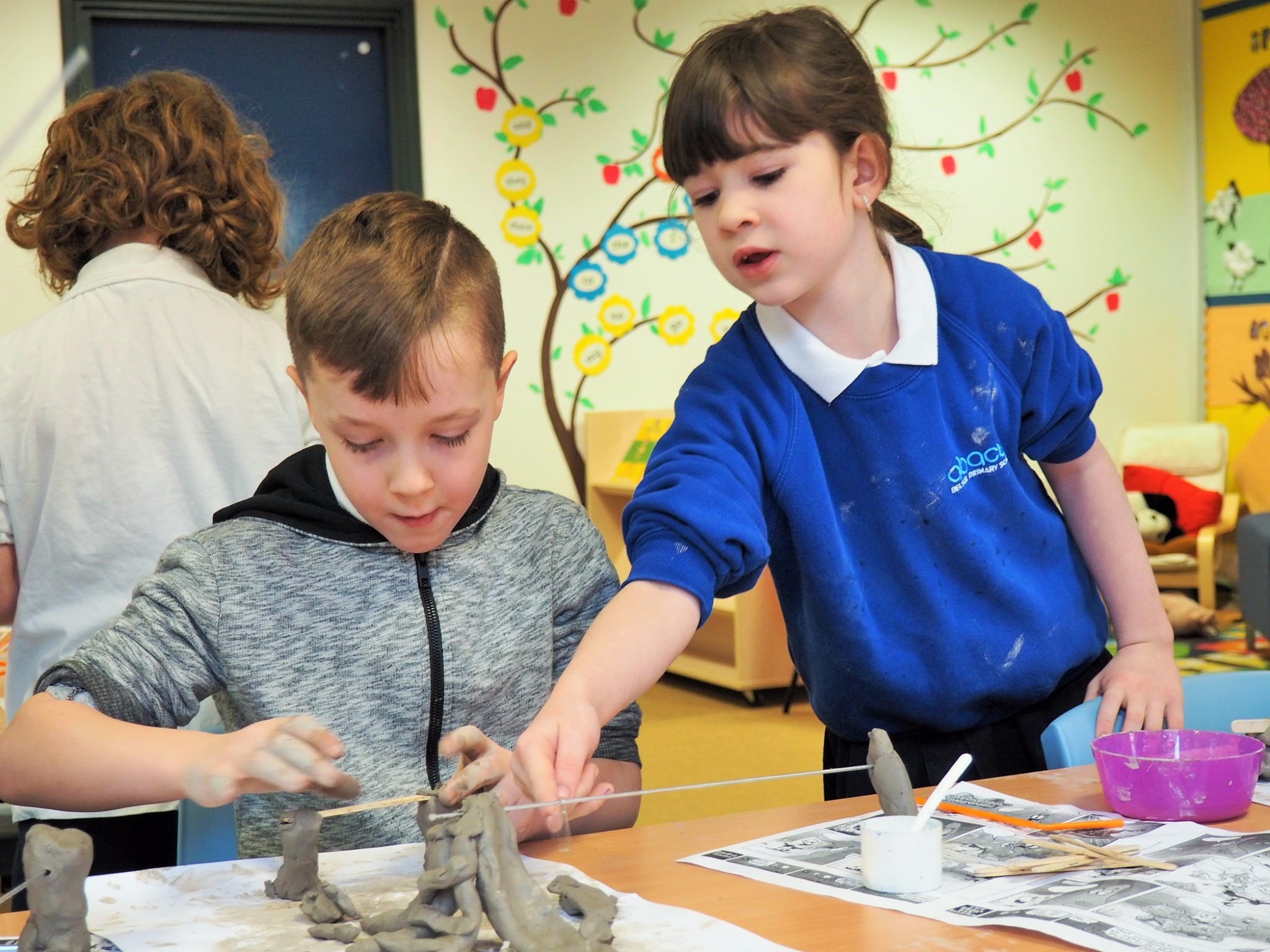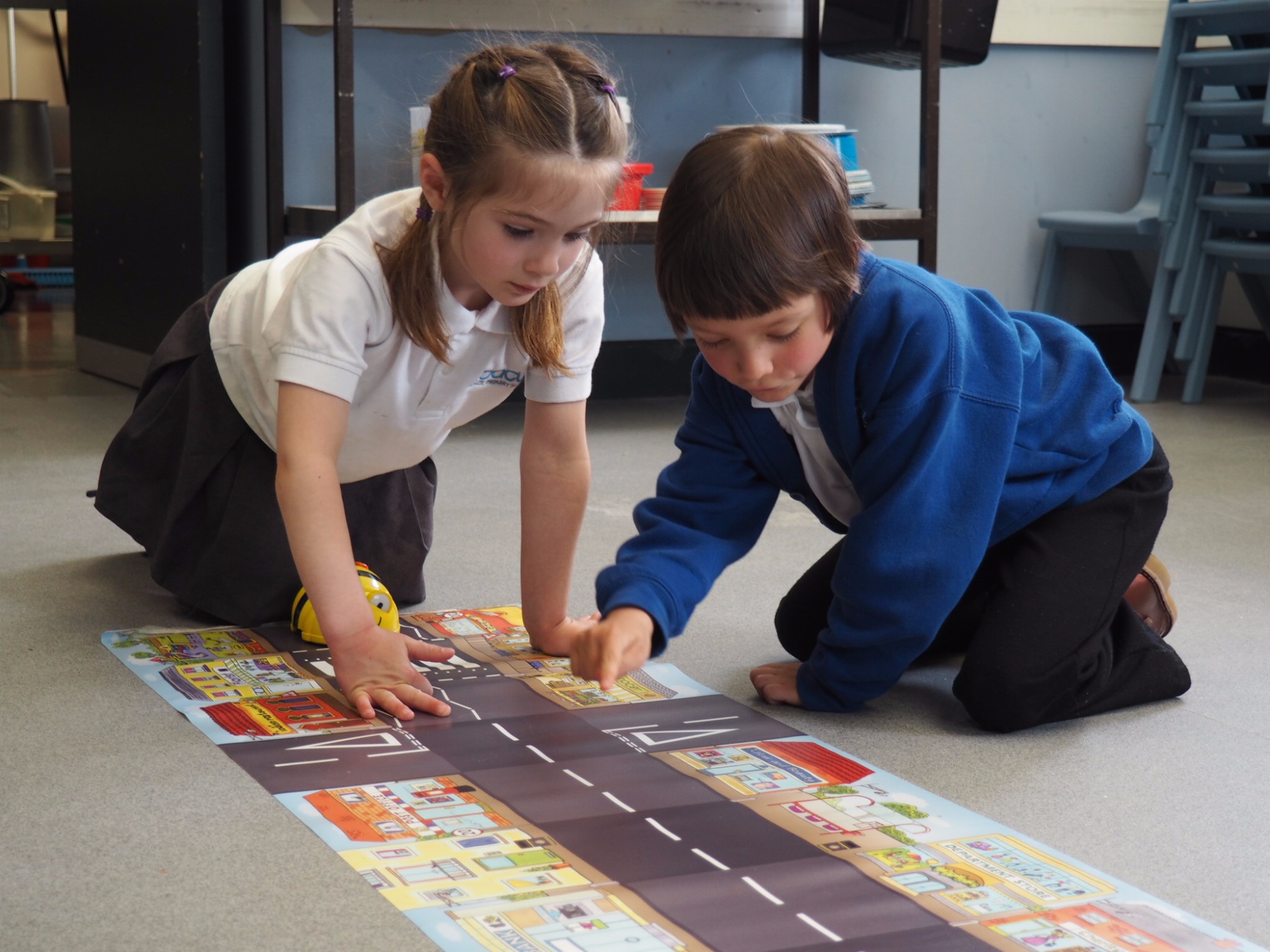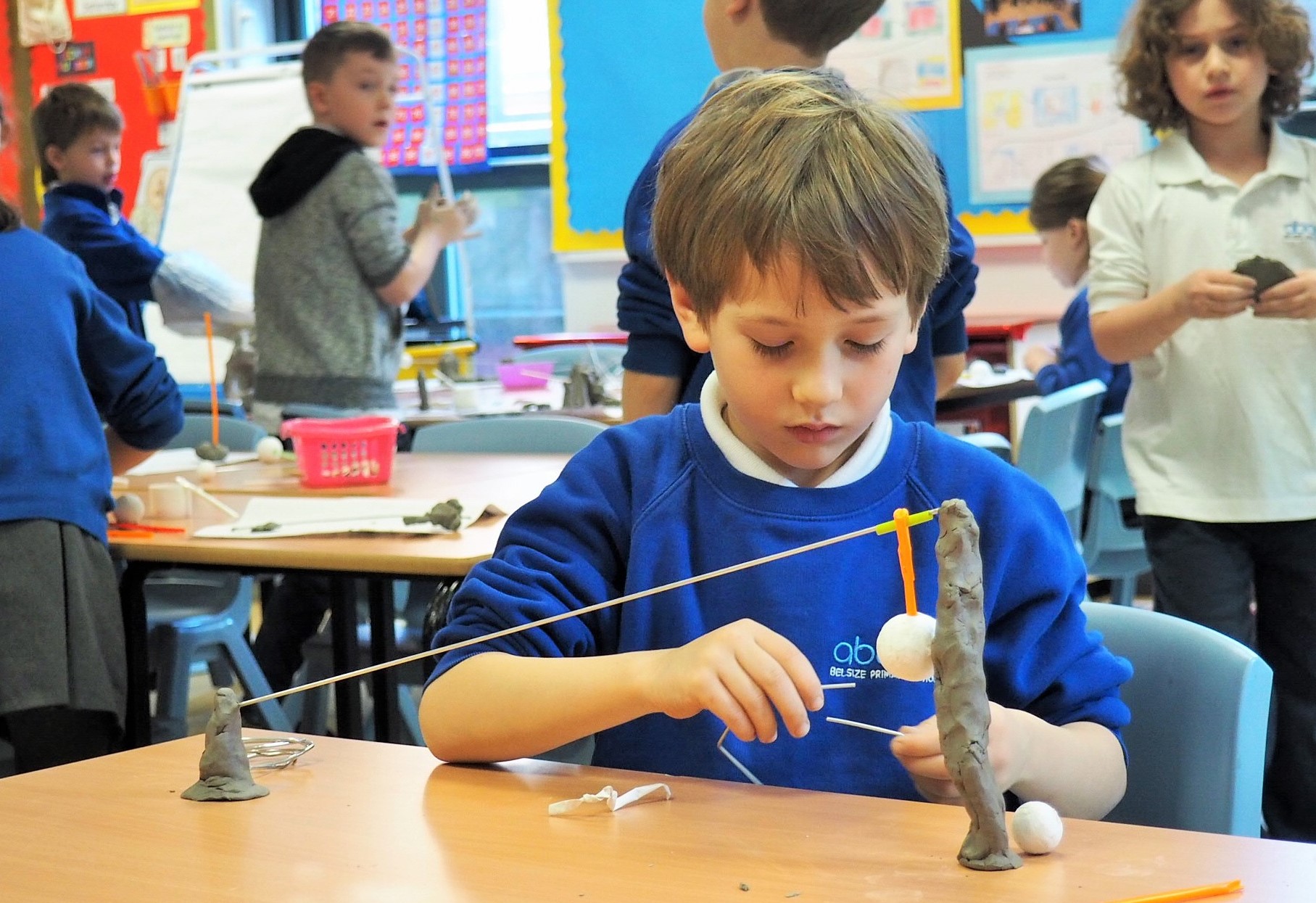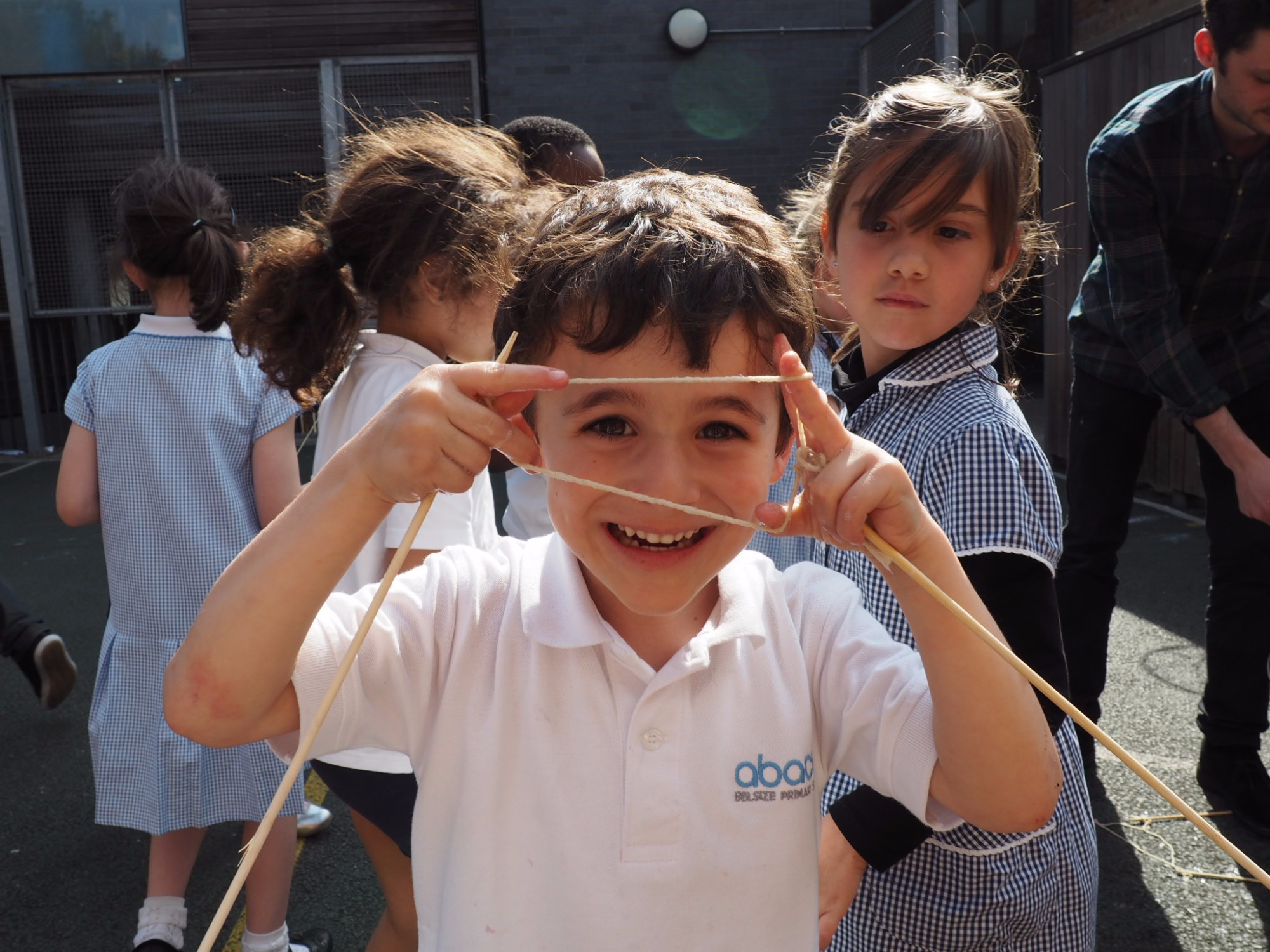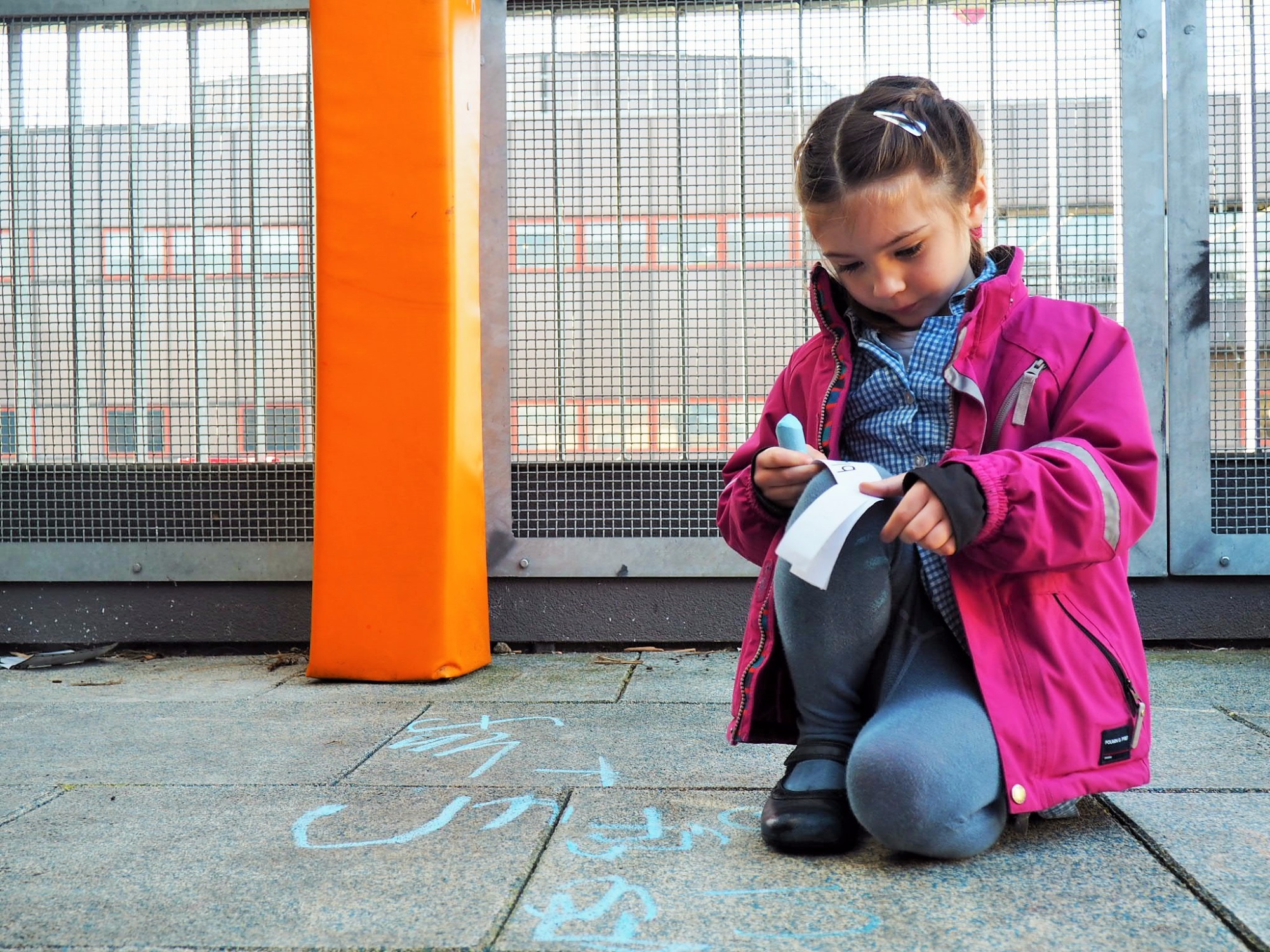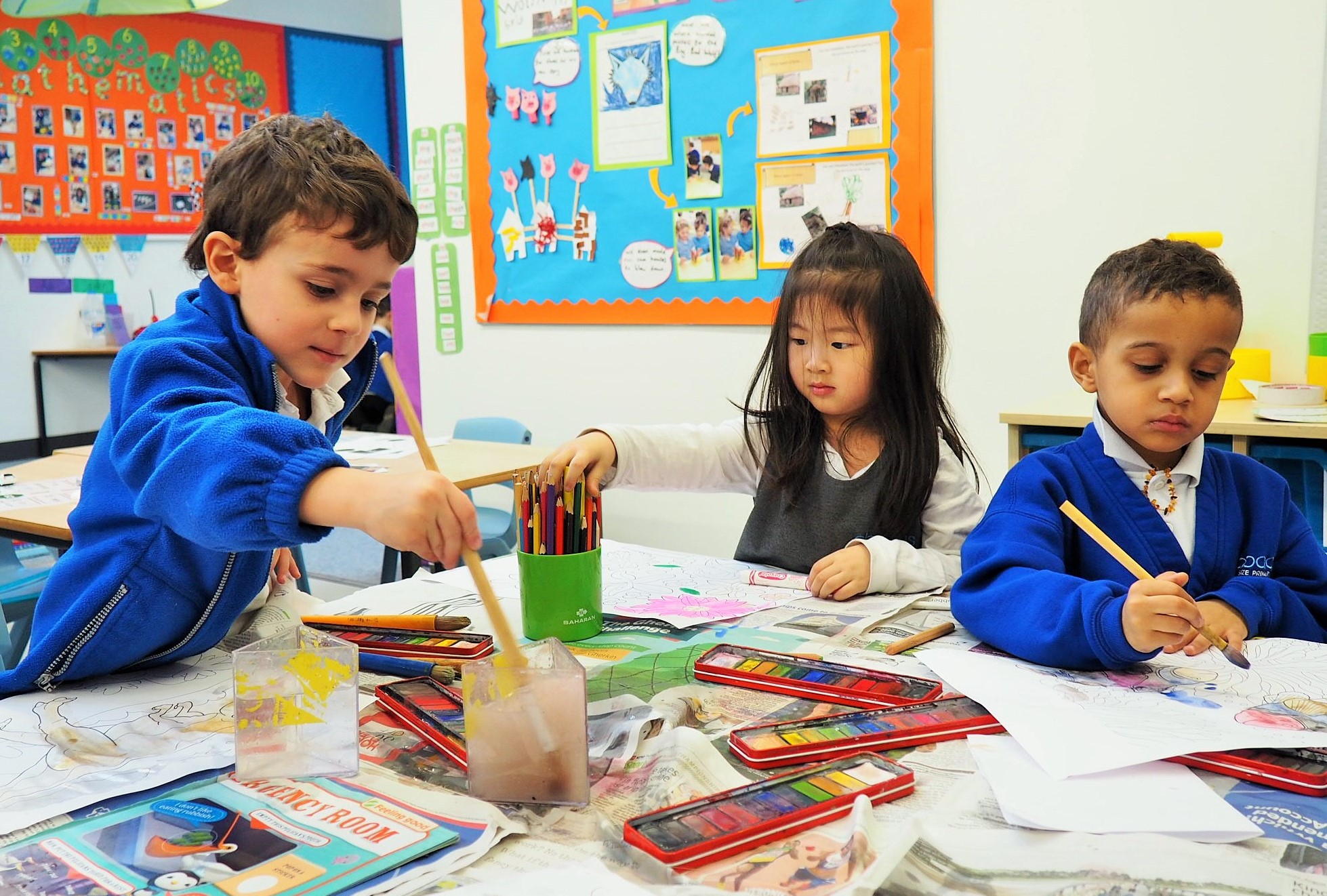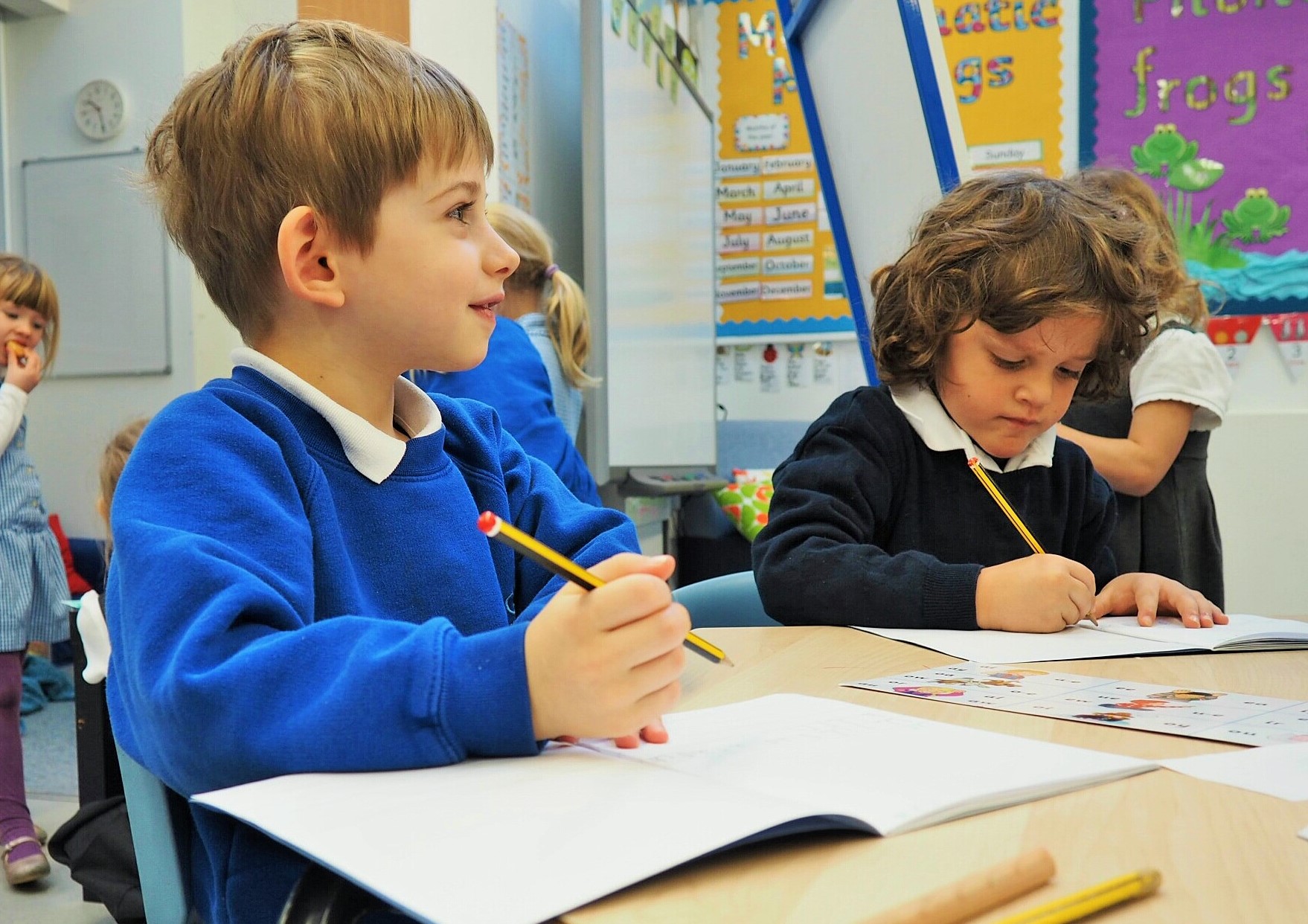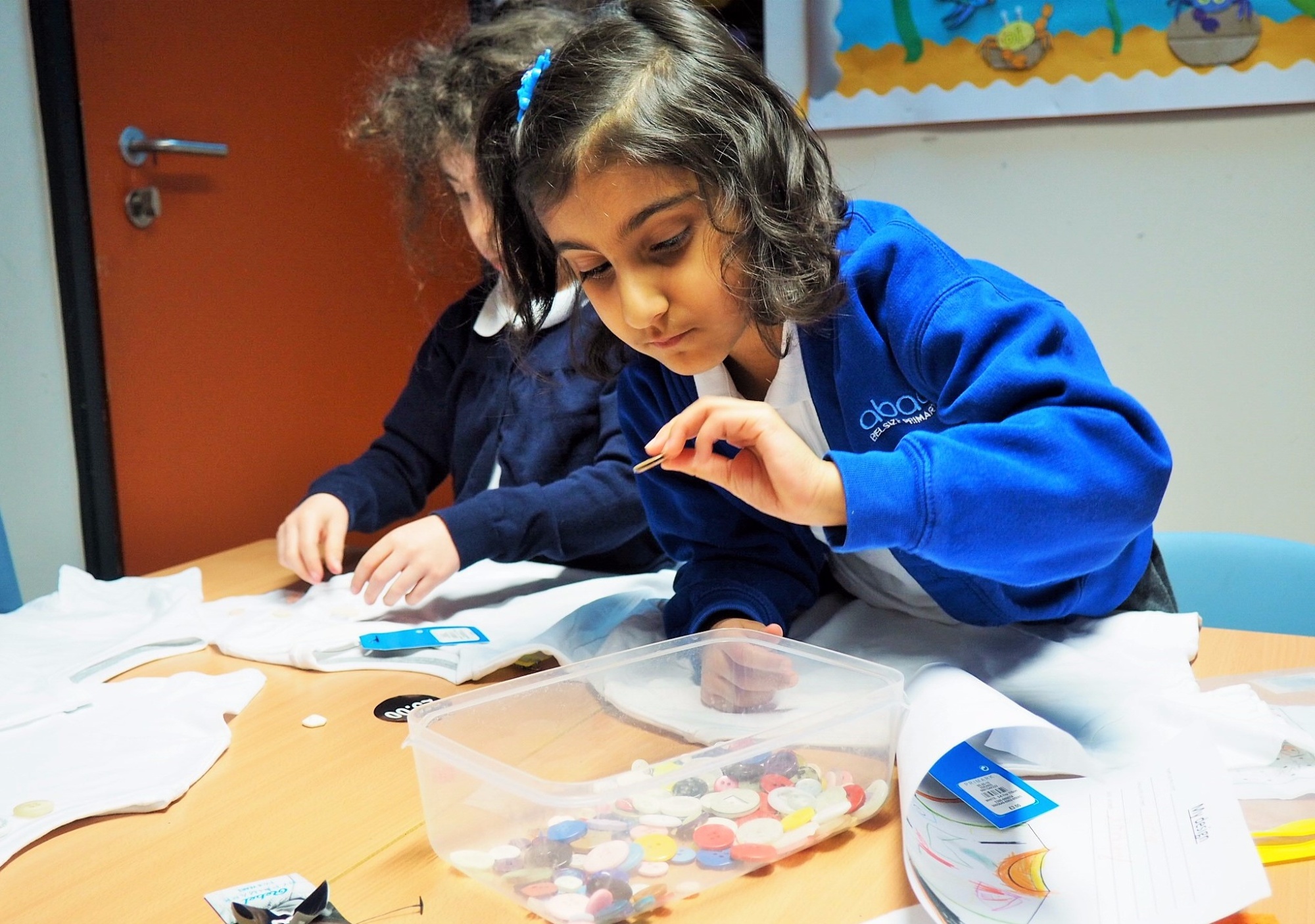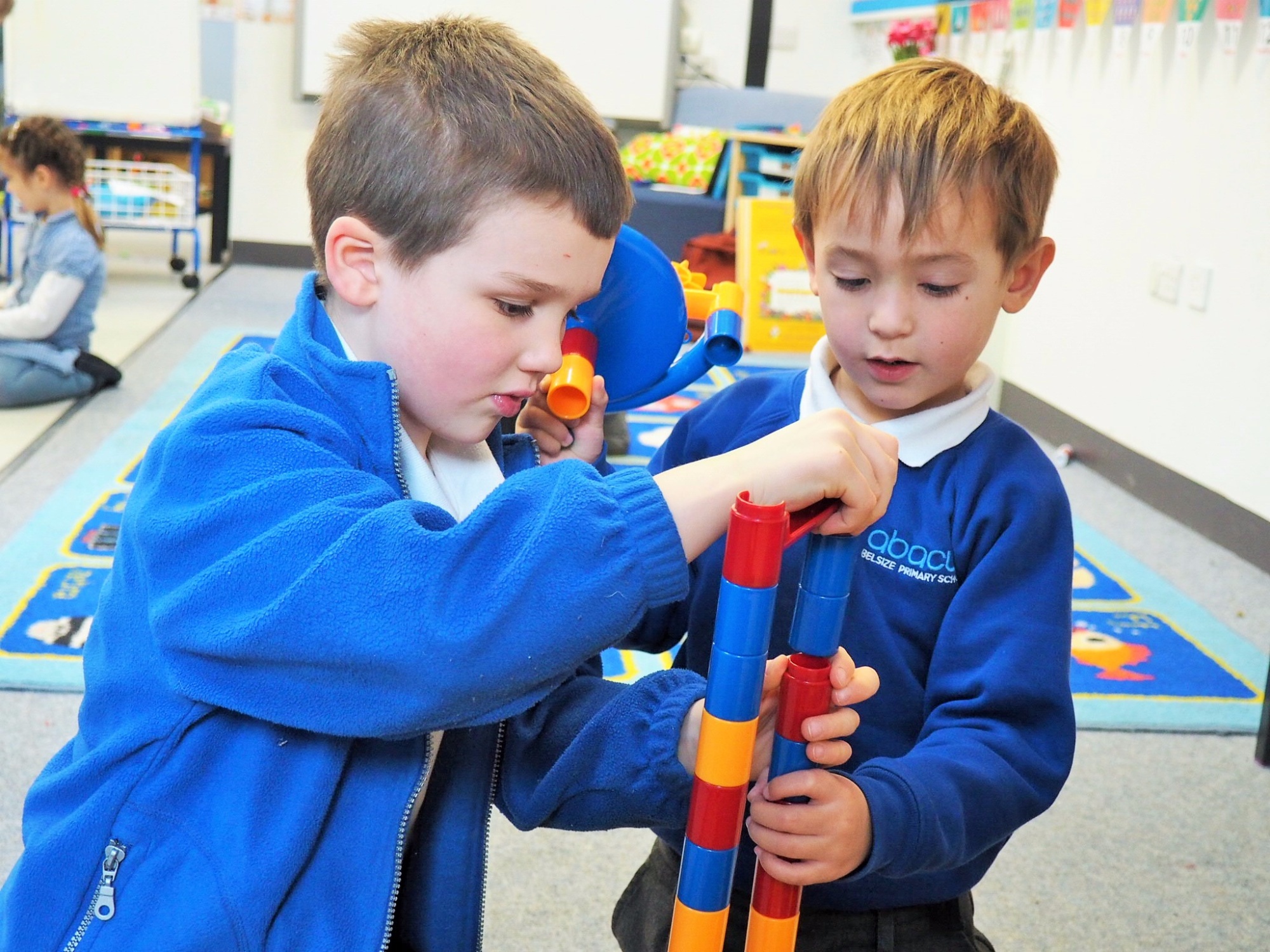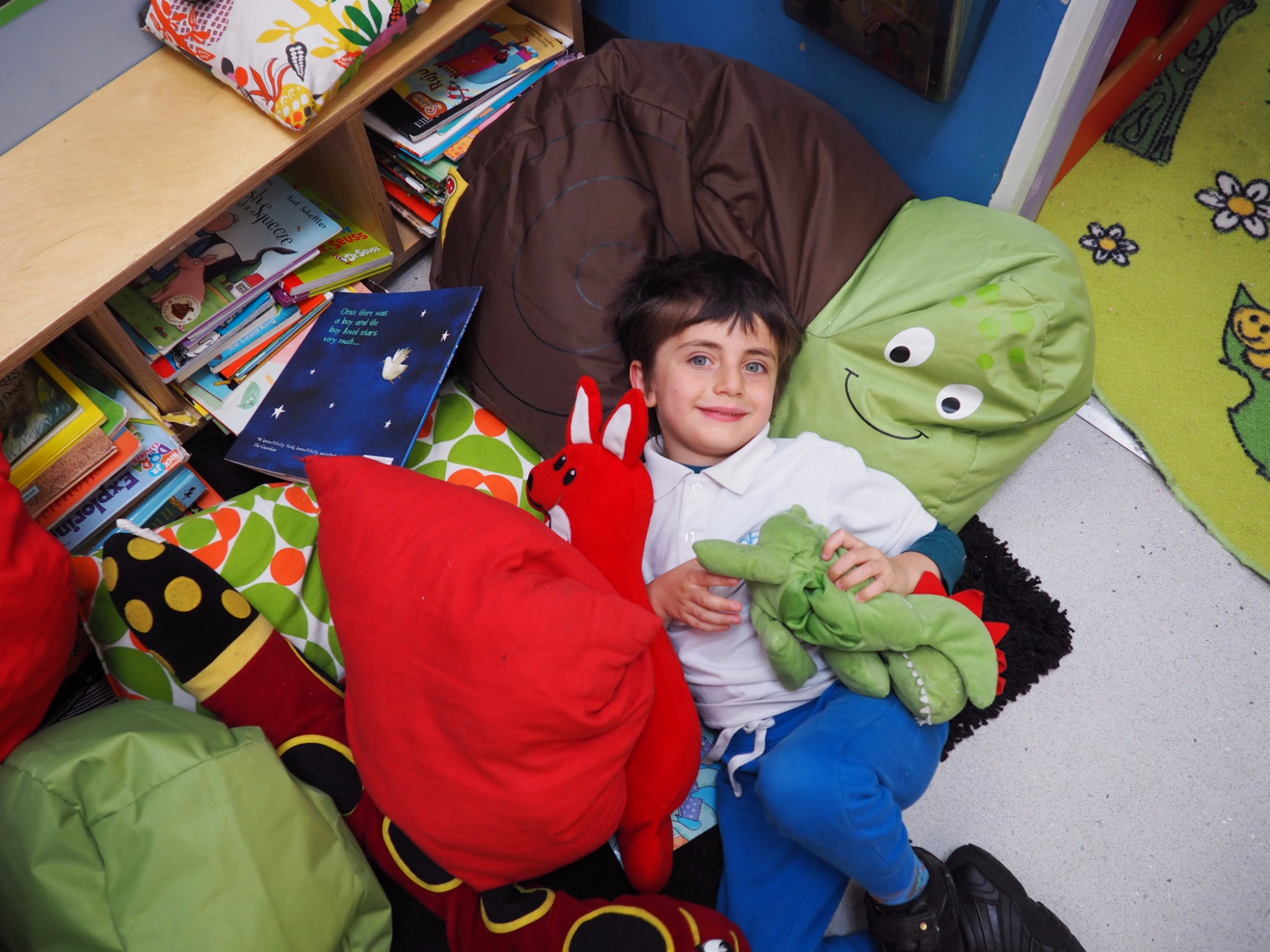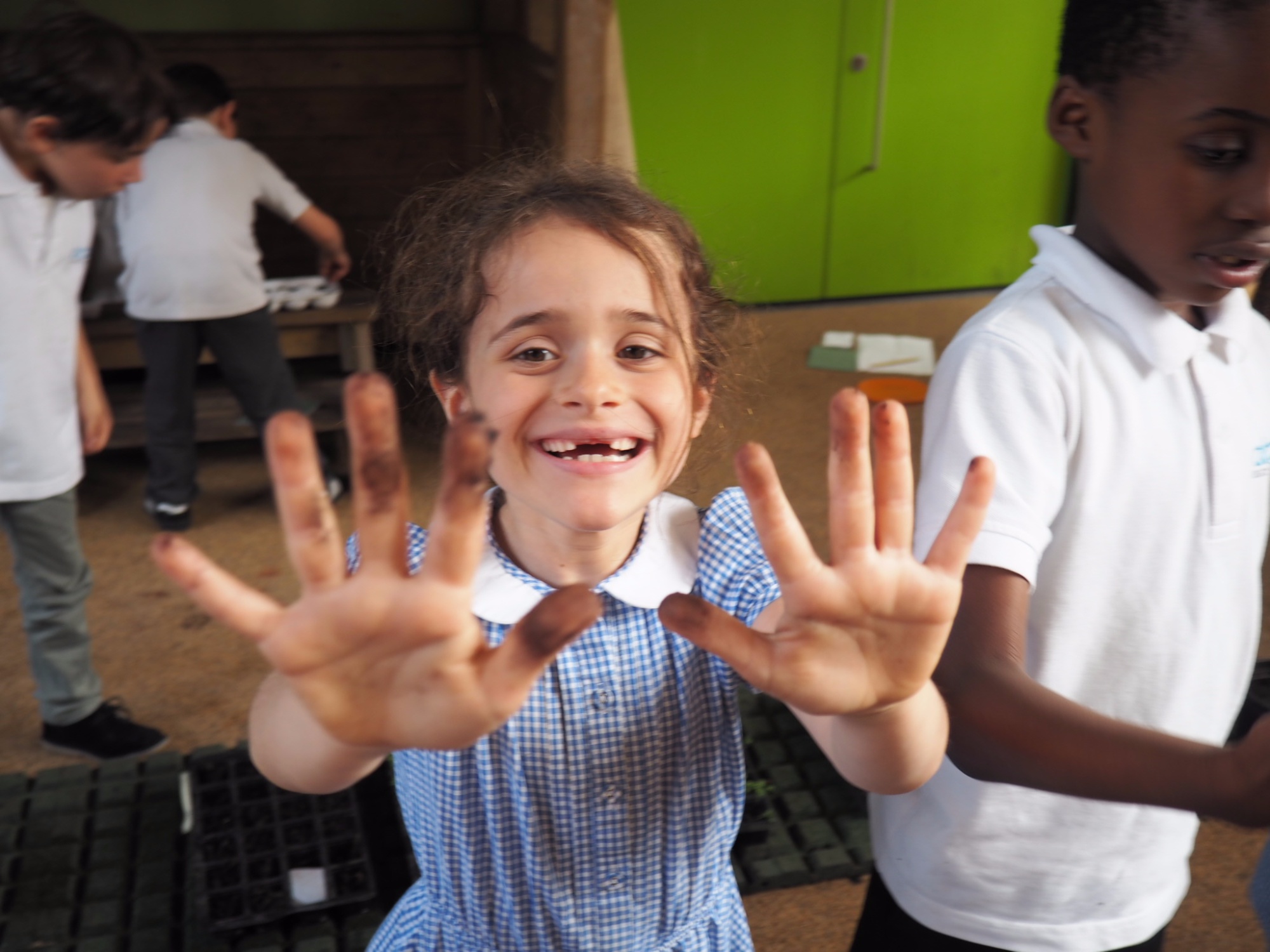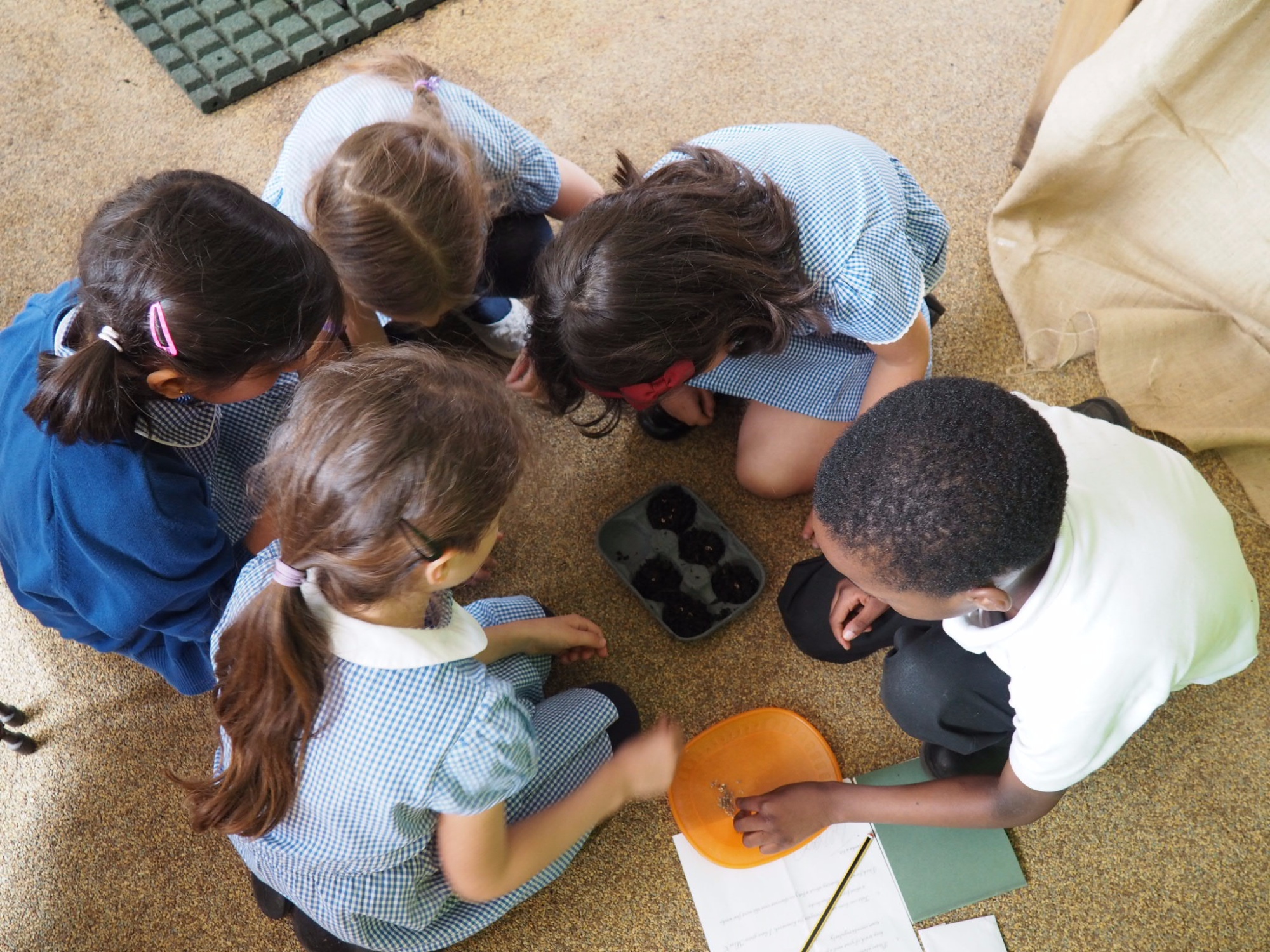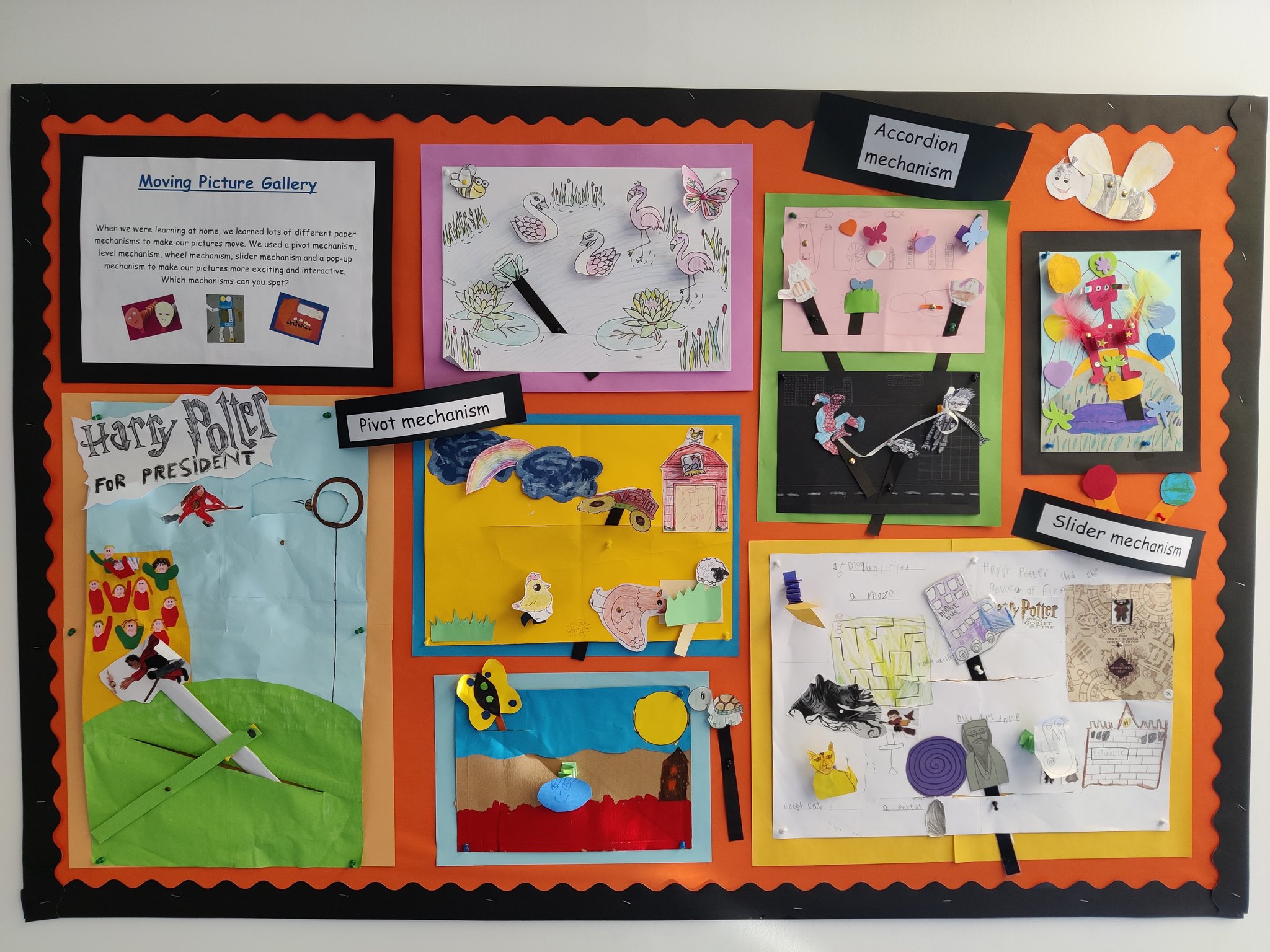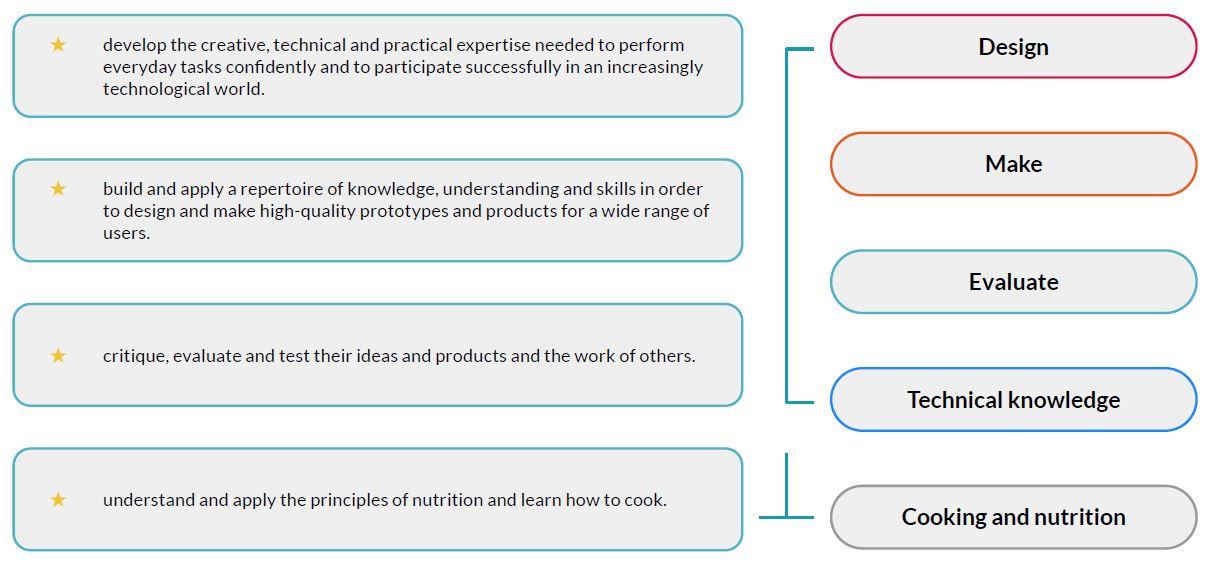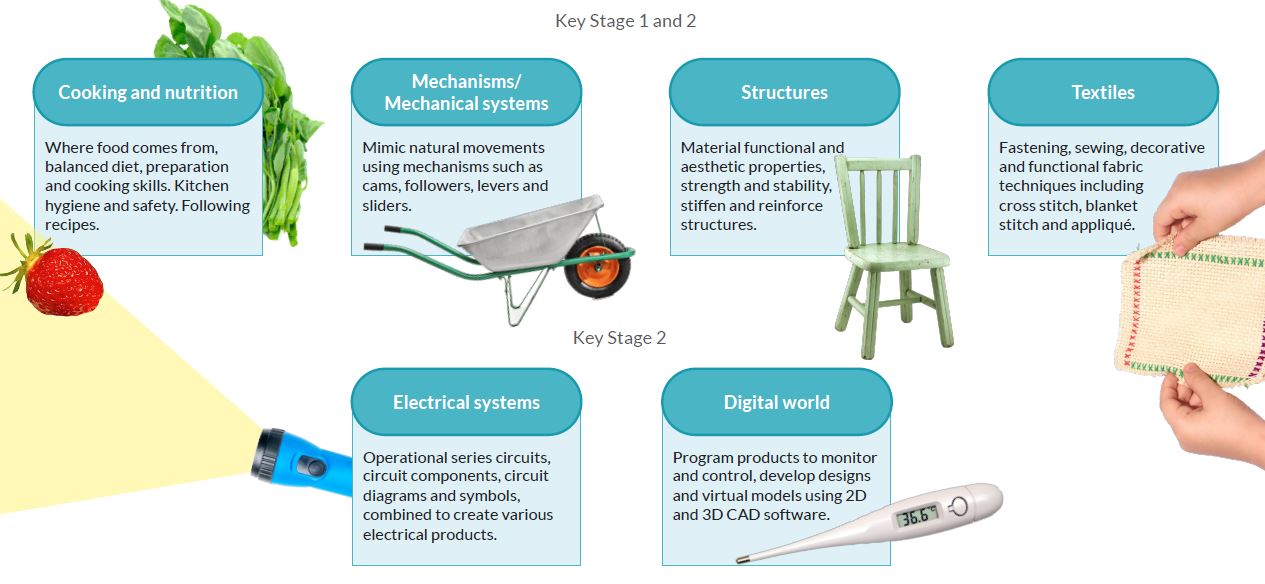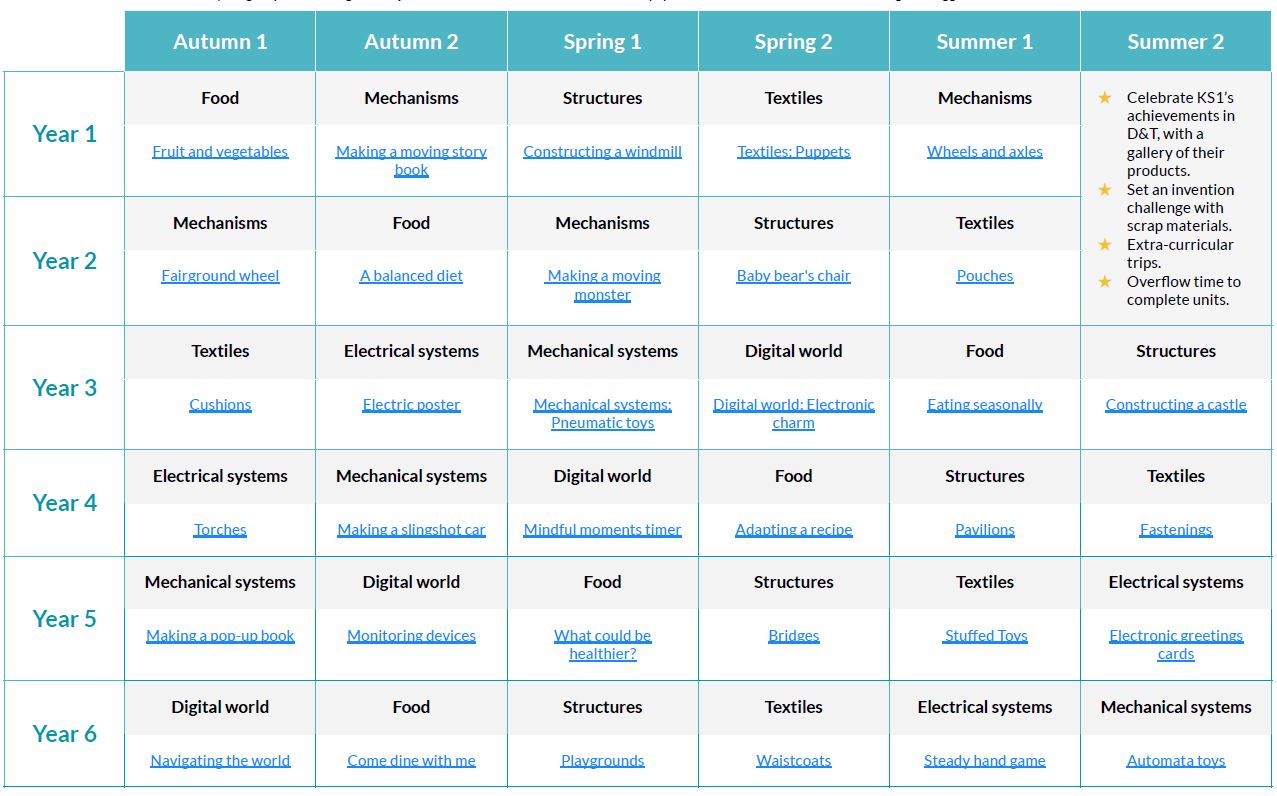Design & Technology
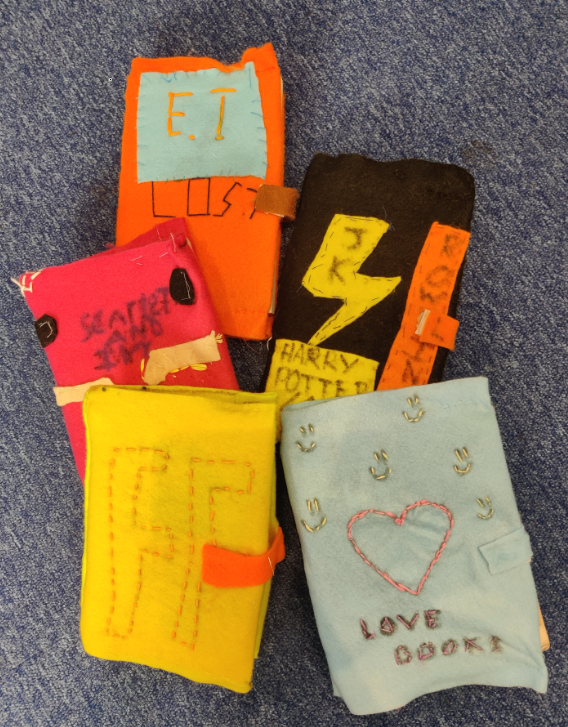 Children at Abacus THRIVE because they are constructors, engineers, nutritionists, problem-solvers and inventors. They carry out research, ask questions, apply skills and knowledge and evaluate their work.
Children at Abacus THRIVE because they are constructors, engineers, nutritionists, problem-solvers and inventors. They carry out research, ask questions, apply skills and knowledge and evaluate their work.
"Evaluating our learning at the end of a project helps us to remember more." - Year 6 pupil.
Moving pictures
Intent
Vision Statement
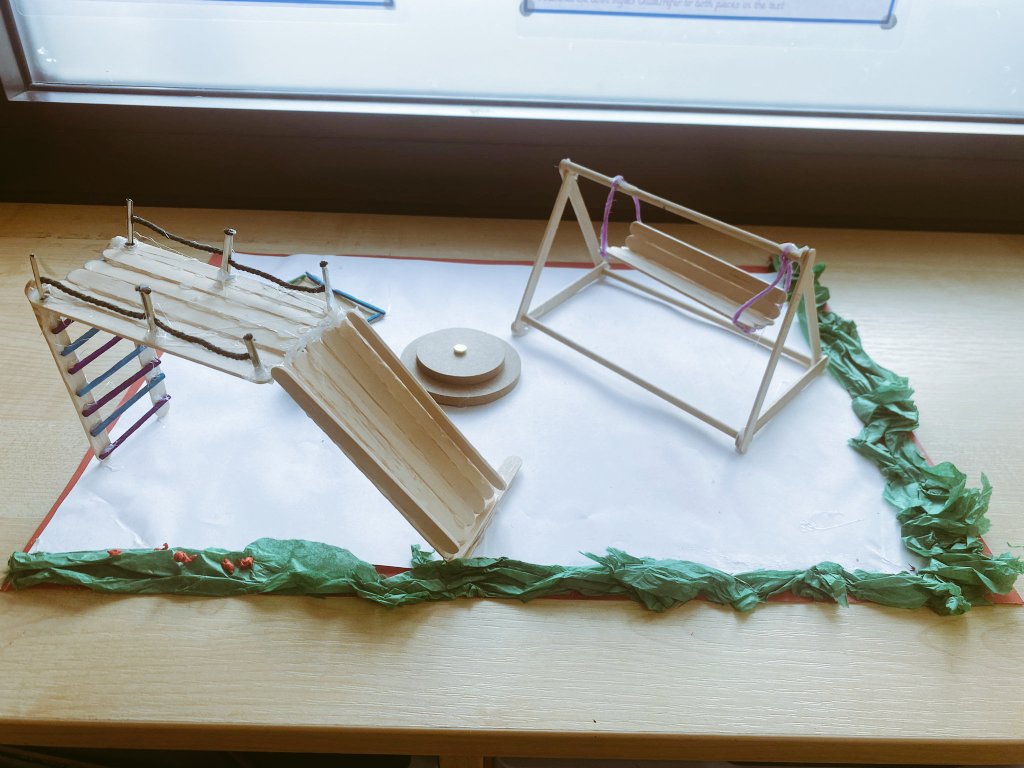
Our Design technology curriculum aims to inspire pupils to be innovative and creative thinkers who have an appreciation for the product design cycle through ideation, creation and evaluation. We want our pupils at Abacus Belsize Primary school to develop the confidence to take risks, through drafting design concepts, modelling and testing and to be reflective learners who evaluate their work and the work of others. We want our children to be inspired by the design world as well as feel empowered to find solution, improve designs and build with real-life connections.
Implementation
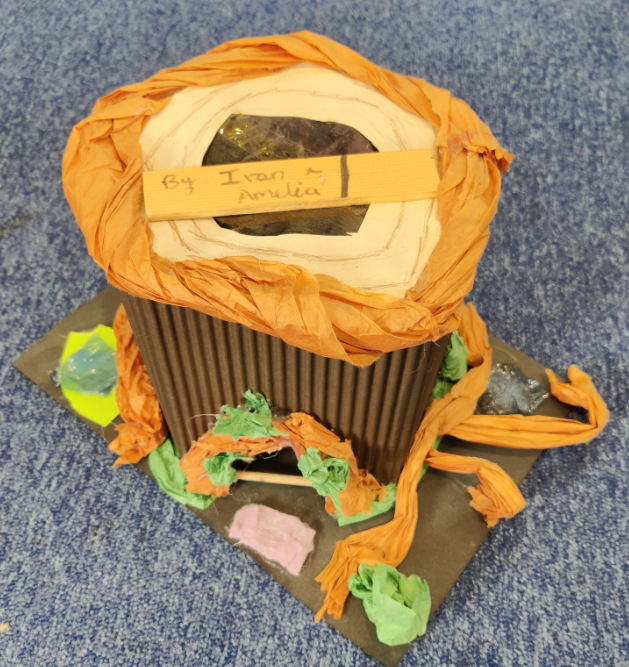 DT is taught discretely in 6 blocks across the year. Each block is taught during a 'DT week' where children are able to focus on the design-make-evaluate process in real-time building on skills and having the time to explore and develop their ideas. Elements of art and computing supplement DT learning and there is often links to 'curriculum Fridays' where the children will study an aspect of Geography or History.
DT is taught discretely in 6 blocks across the year. Each block is taught during a 'DT week' where children are able to focus on the design-make-evaluate process in real-time building on skills and having the time to explore and develop their ideas. Elements of art and computing supplement DT learning and there is often links to 'curriculum Fridays' where the children will study an aspect of Geography or History.
We have identified five key strands which run throughout our curriculum:
The areas of learning the children will encounter in Abacus are below
Please see below for the long term overview. Each year we may change the order the units are taught in to link with and build upon other areas of the curriculum.
Impact
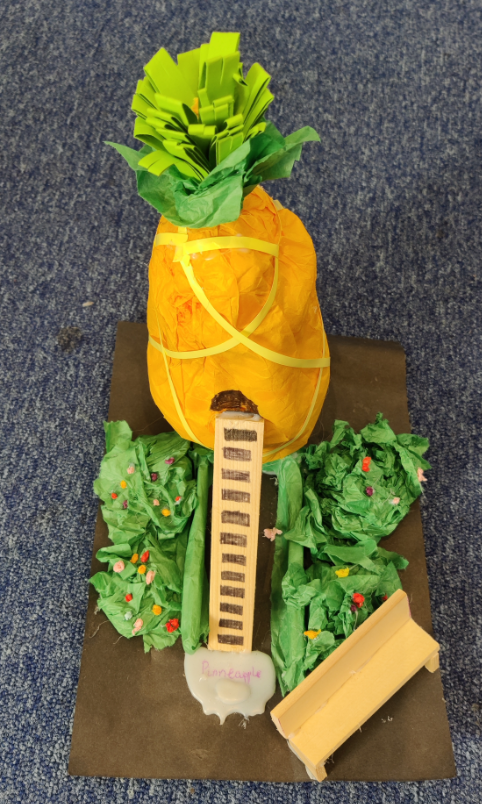 Assessment
Assessment
Teachers use formative assessment during DT sessions to evaluate children's skills and target support during the lesson and planning for further support in future lessons using a range of methods to develop and build upon taught skills and close gaps in understanding.
A clear sequence of learning builds within each unit and the use of DT week allows children to deepen skill development. Children build skills and knowledge during the sequence of lessons and from previous units to create and evaluate a final outcome.
Staff use teacher judgement, children's outcomes and an evaluation grid to track children's development in DT. Subject leads use this information to support and inform and adapt where necessary. Outcomes are recorded in floor books, DT folders and in physical outcomes displayed in the classroom and throughout the school.
THRIVE-ing in DT
"In year 1, we made fruit kebabs and we learned how to cut fruit. Then we could cut the vegetables for our wraps by ourselves." - Year 2 pupil.
"DT is fun at Abacus because it’s hands-on." - Year 4 pupil.
"DT projects are fun because we can use lots of different materials." - Year 4 pupil.
"I love DT week every half-term, the projects are always fun." - Year 5 pupil.
"I love cooking in DT because it’s a real-life skill." - Year 5 pupil.
"Learning in DT is memorable because it’s fun." - Year 5 pupil.
"Evaluating our learning at the end of a project helps us to remember more." - Year 6 pupil.
EYFS
Children in reception investigate DT through the specific area 'Expressive Arts and Design' and the prime area 'physical development'.
Through focus groups and free-play activities in the learning environment, children are taught to use a variety of materials to construct. These may be junk modelling materials but more often are found in their outdoor play with larger construction blocks, lego, podley and balancing equipment. Children investigate how to make a structure balance, how to make a car move faster down the ramp or creating the perfect marble run. Children use a combination of small and fine motor skills as well as their imagination and perseverance.
Examples of DT in EYFS:
- junk modelling
- marble run
- small and large wooden blocks
- obstacle courses and ramps using podley and pipes
- floor is lava games
- lego and duplo
- mobilo building
- den and habitat building on Hampstead Heath

